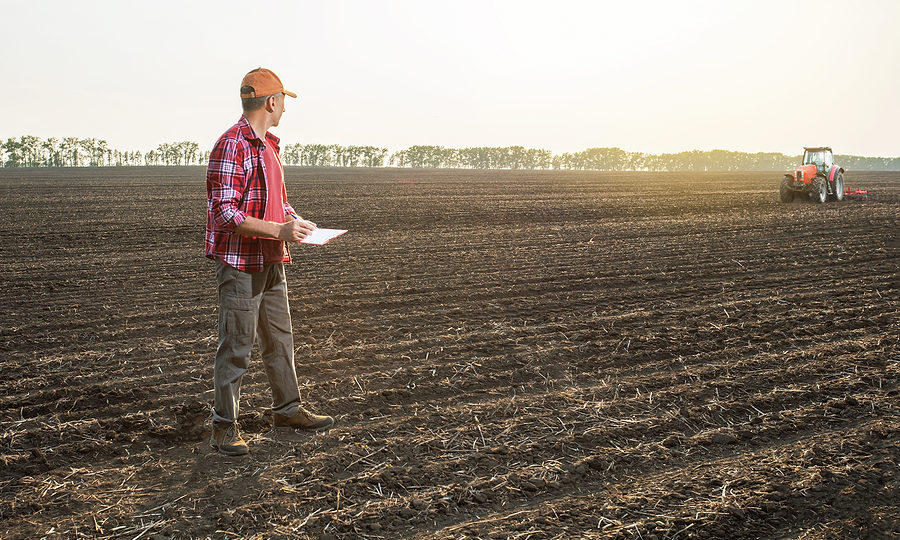Navigating the Maze of Farm Income Taxes
- Jul 10, 2023
- By Genske, Mulder & Company
- In Uncategorized
- Comments Off on Navigating the Maze of Farm Income Taxes
Farmers, like small business owners, have unique tax considerations essential to understanding. Federal farm income taxes play a crucial role in the financial management of farming operations. In this article, we will delve into the key concepts and applications of farm income taxes, helping farmers navigate their tax liabilities and make informed business decisions.
What Defines a Farmer for Tax Purposes?
Under tax law, a farmer is defined as someone who operates a farming business to make a profit. The IRS considers a farm a business that engages in farming activities and generates income reported on Schedule F (Form 1040), Profit or Loss from Farming. These farming activities typically involve cultivating land and raising or harvesting agricultural or horticultural commodities.
Understanding Farm Income
Farm income encompasses various sources, including selling farm products, income from custom work and farm-related services, distributions from cooperatives, barter income, refunds, and reimbursements. Additionally, most agricultural program payments are taxable and must be included as income on Schedule F.
Deductible Farm Expenses
To offset farm income and determine taxable profit, farmers can deduct eligible farm expenses. Understanding which expenses are deductible is crucial for optimizing tax liabilities. Some common deductible expenses include feed, seed, fertilizer, livestock supplies, maintenance and repairs, farm labor wages, and property taxes.
Record-Keeping for Farm Taxes
Maintaining proper records is essential for fulfilling tax-reporting requirements and facilitating financial management. A comprehensive record-keeping system should organize business transactions, including income sources, deductible expenses, and other items reported on tax returns. Farmers can choose suitable record-keeping systems that align with their operations, but it is advisable to keep supporting documents associated with transactions for at least three years.
Choosing an Accounting Method
Farmers have the flexibility to choose between cash and accrual accounting methods for reporting income and expenses. The cash method records income received and deducts expenses when paid, aligning cash flows with tax liabilities. On the other hand, the accrual method recognizes income when earned and expenses when incurred, providing a more accurate assessment of profit. Understanding the implications of each accounting method is crucial when filing taxes.
Special Considerations for Hobby Farmers
Hobby farming refers to activities primarily done for fun or recreation without the intent of making a profit. Income from hobby farming is reported as “Other income” on Form 1040, and deductions can only be taken on Schedule A, subject to IRS limitations. The IRS presumes an activity to be conducted for profit if it produced a profit in at least three of the past five tax years.
Expert Guidance Understanding Your Farm Income Taxes
Navigating the complexities of farm income taxes can be daunting. Understanding federal farm income taxes is crucial for farmers to make informed business decisions and manage their tax liabilities effectively. Farmers should seek advice from competent tax advisers who specialize in agricultural taxation. At Genske, Mulder & Company, LLP, our accountants, bookkeepers, and tax professionals can provide valuable insights and ensure compliance with tax laws while optimizing tax strategies. Get started today to see how we can help you Grow and Thrive.

